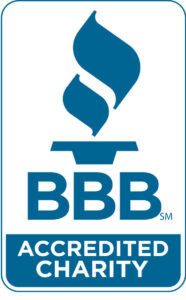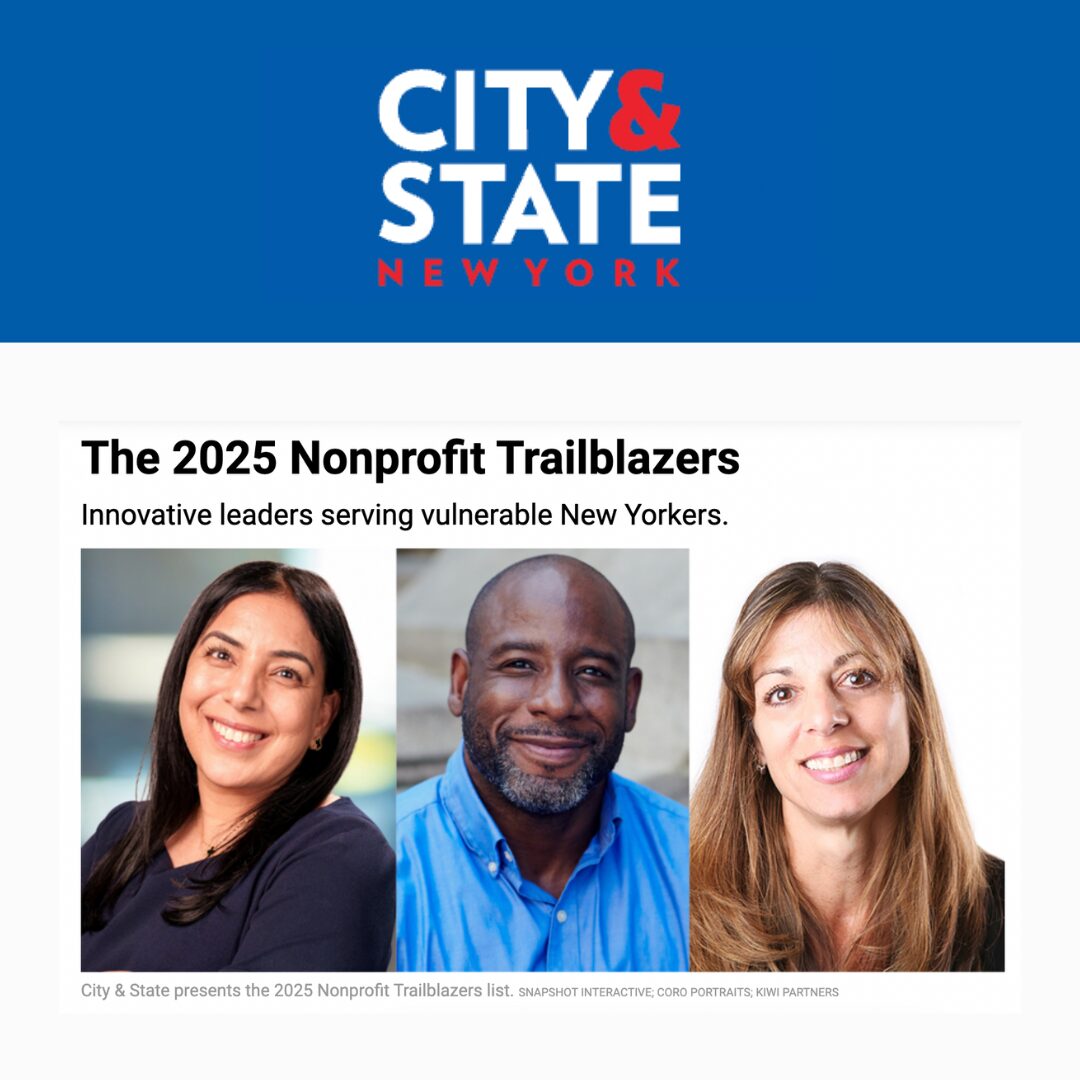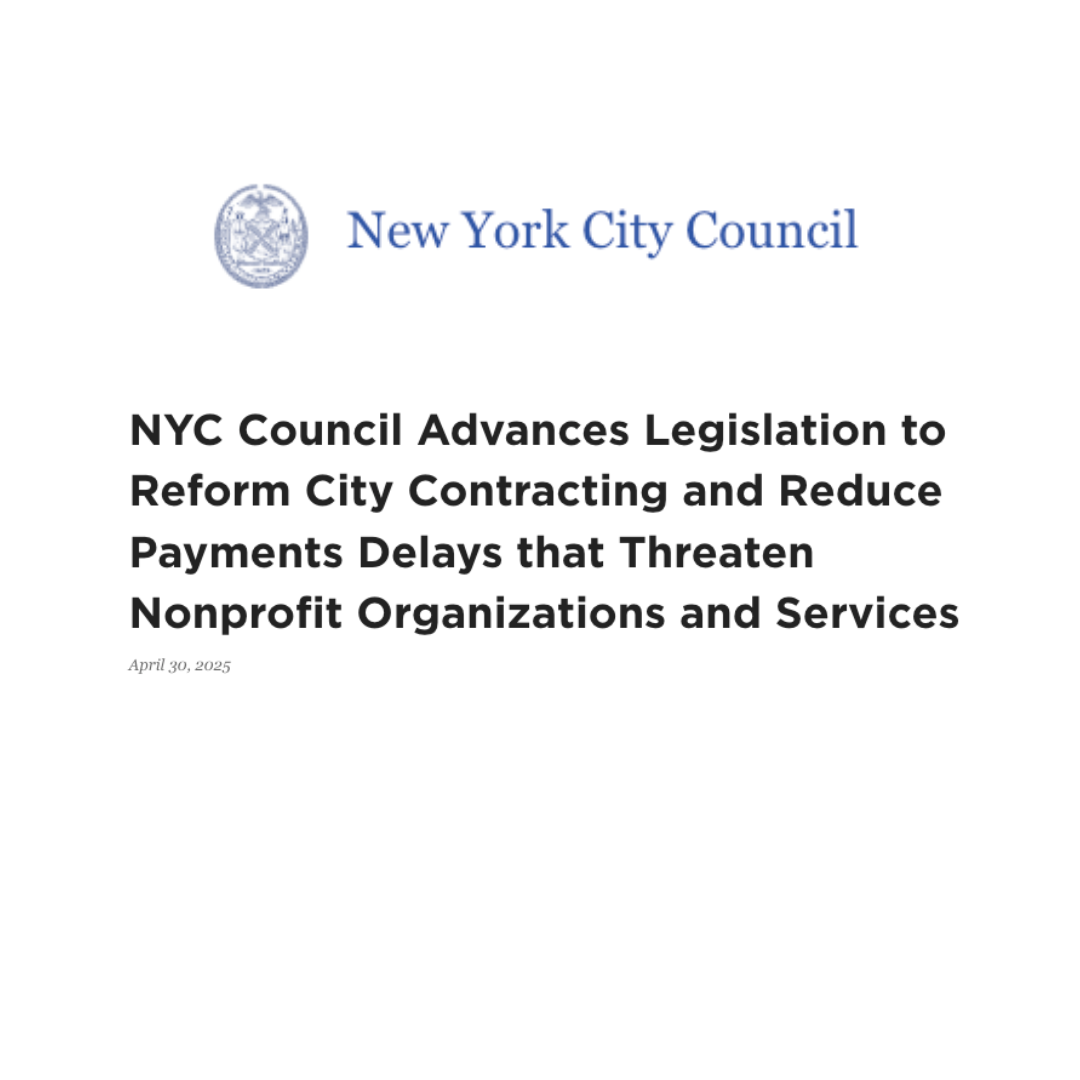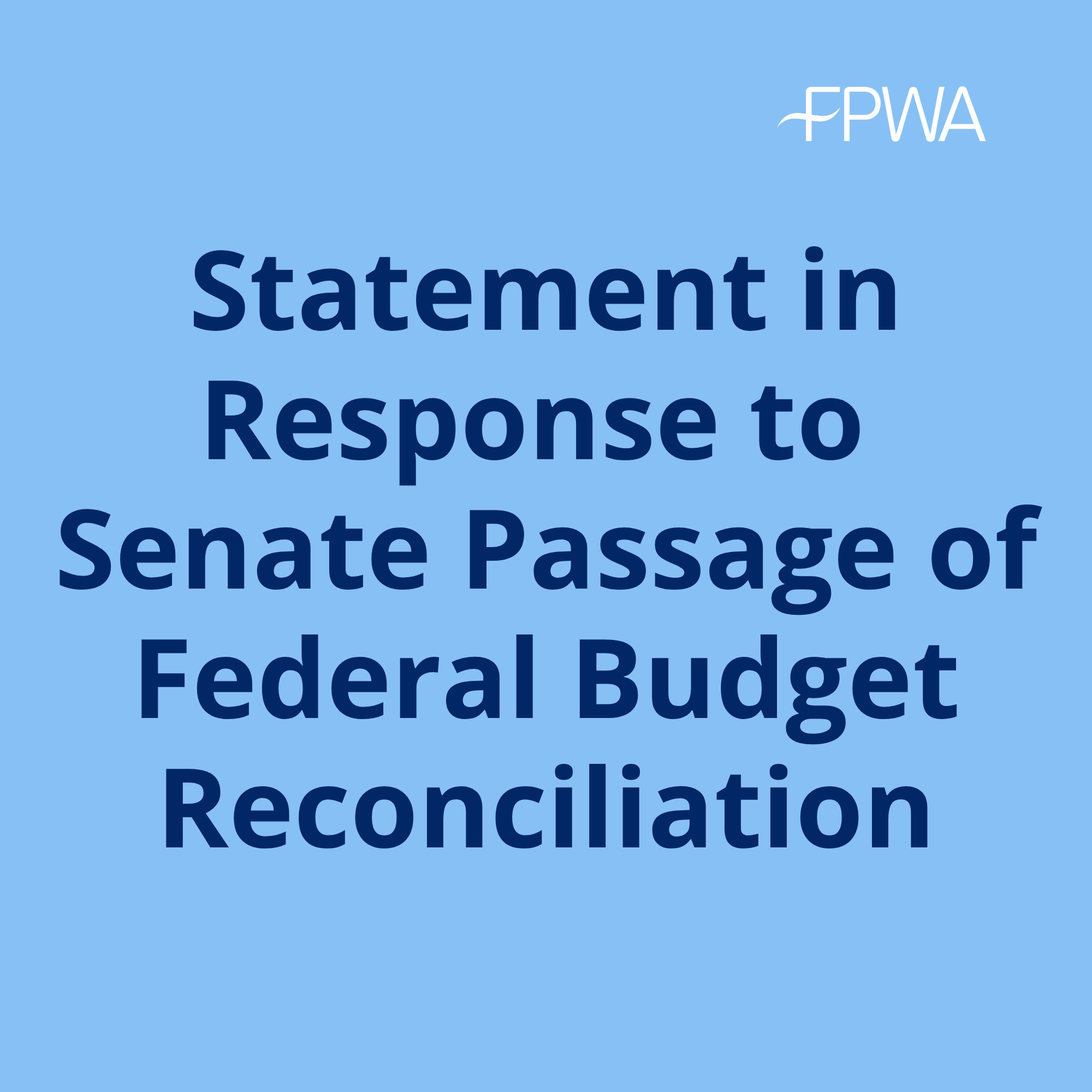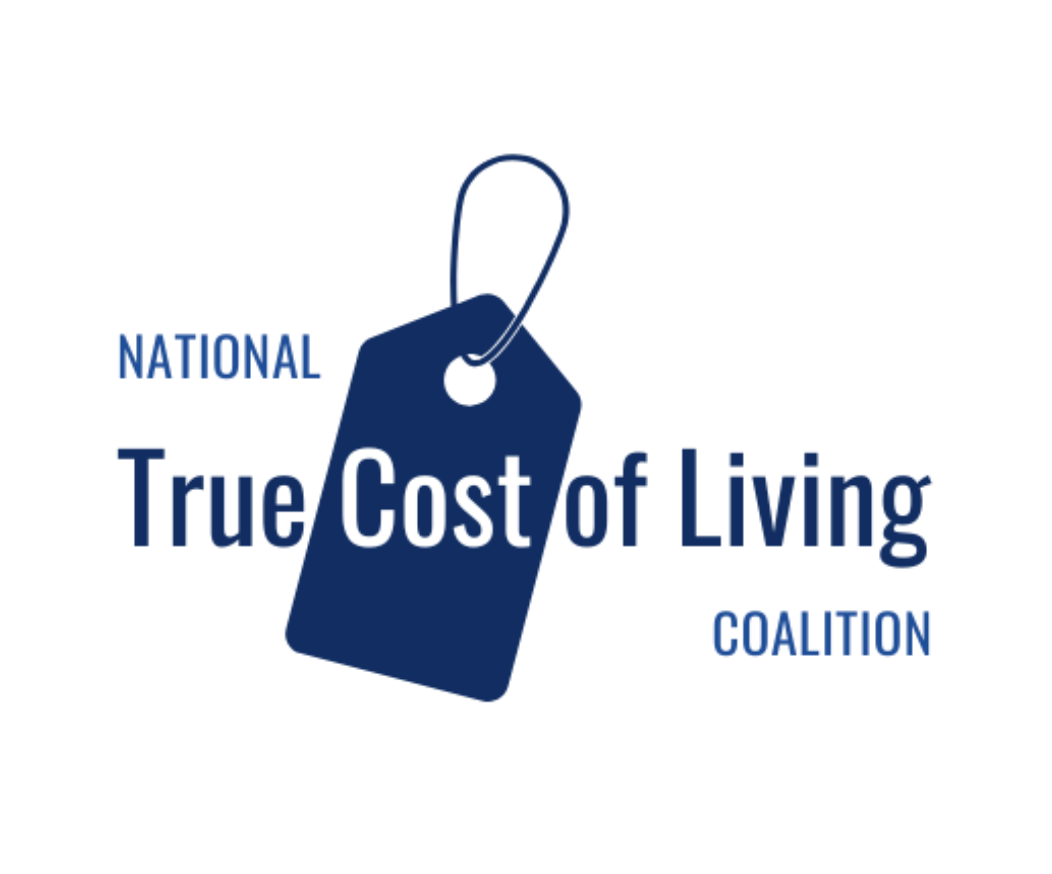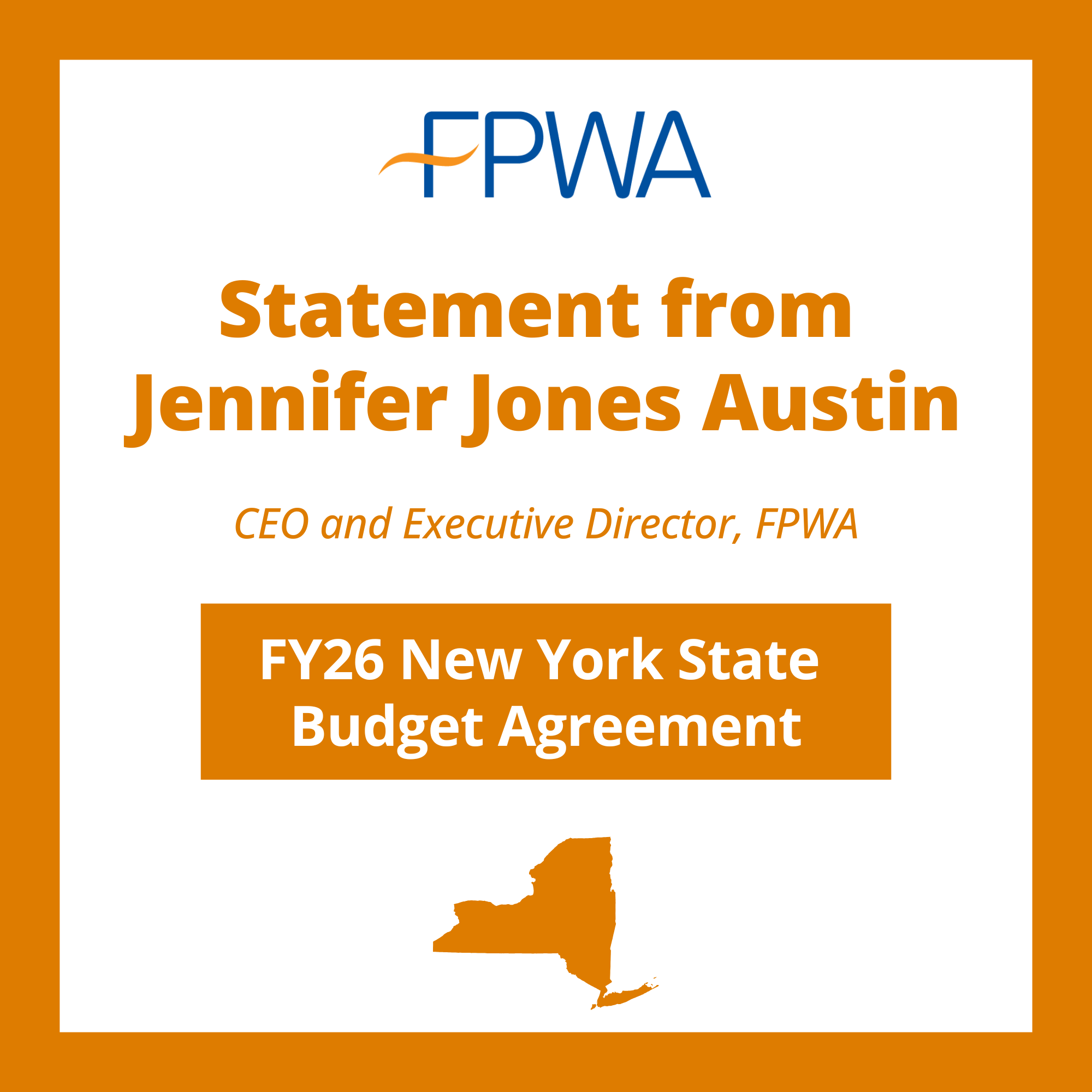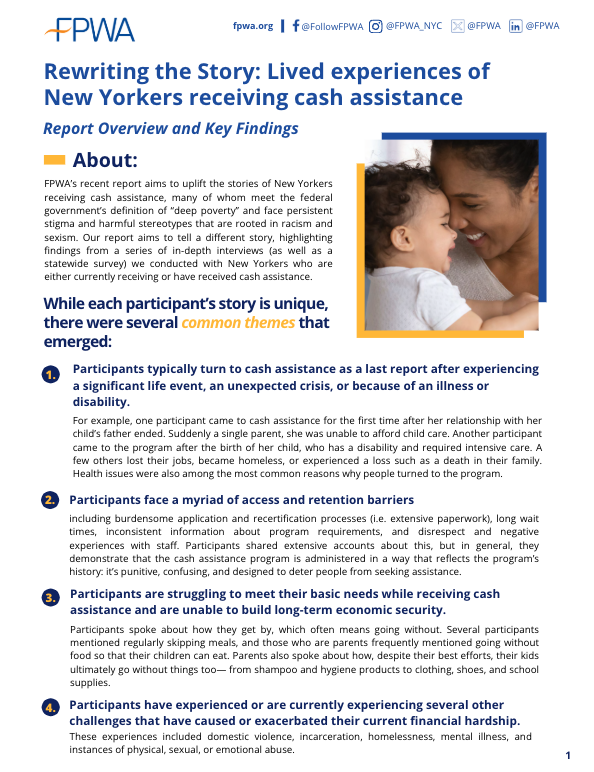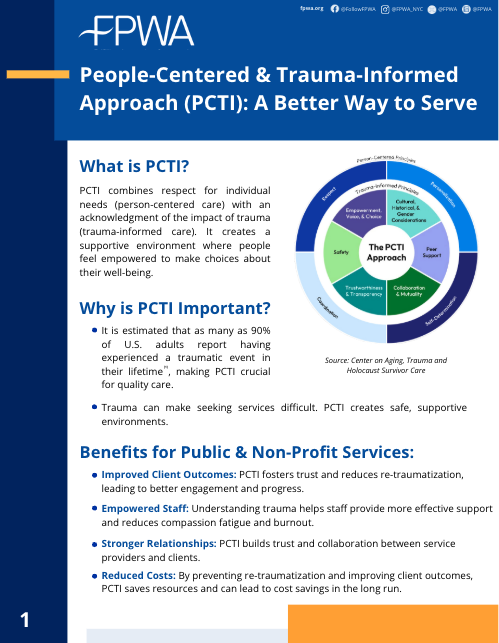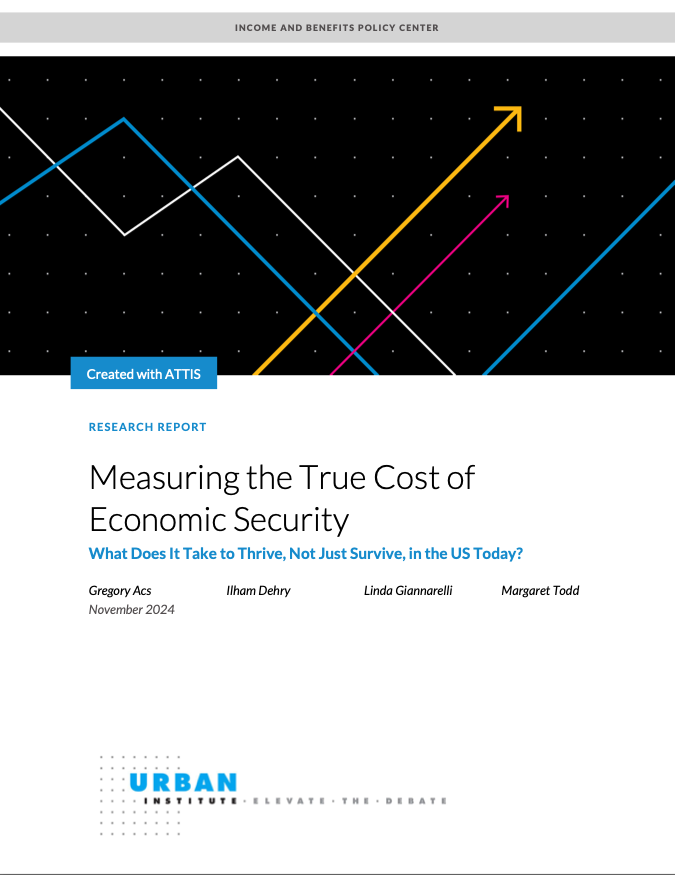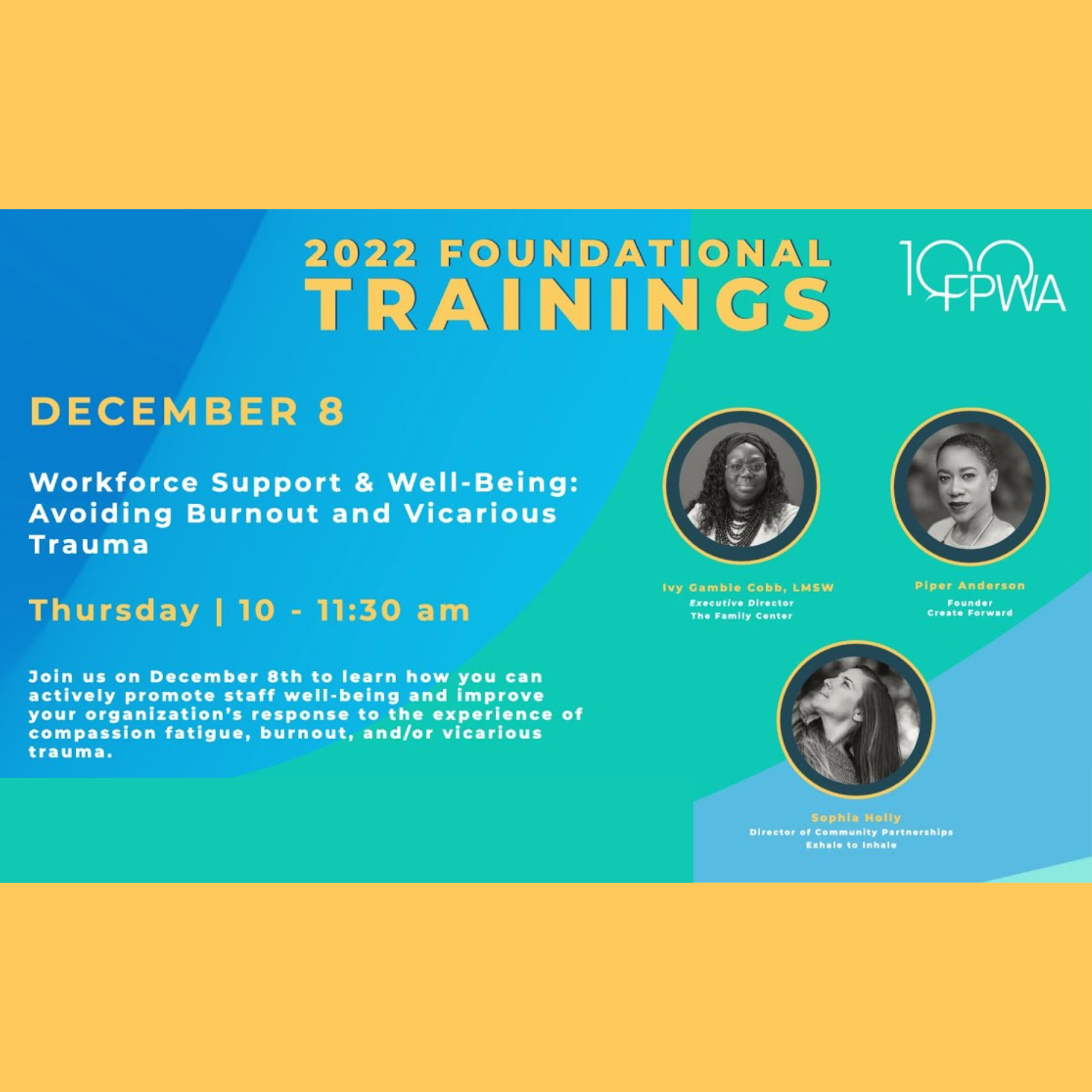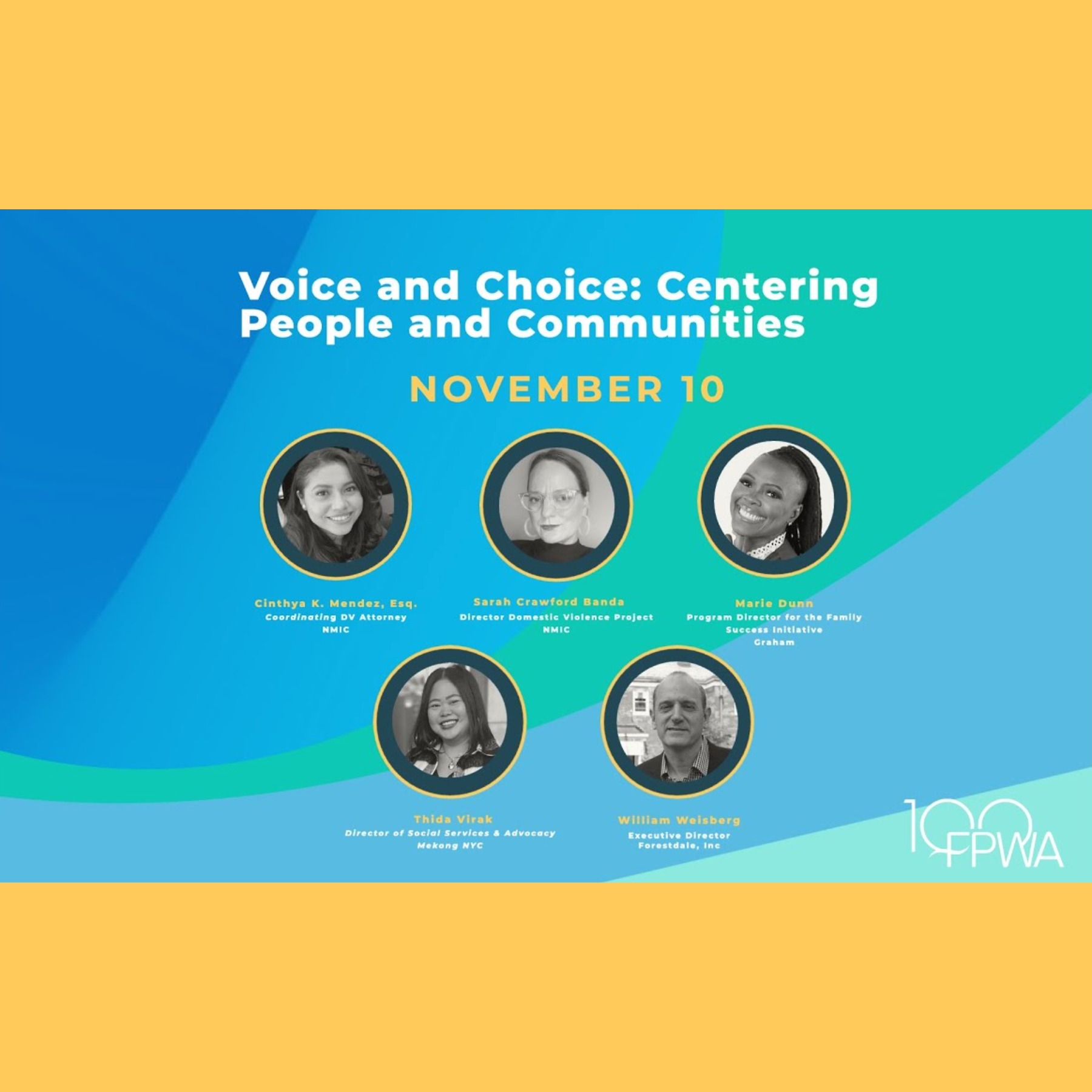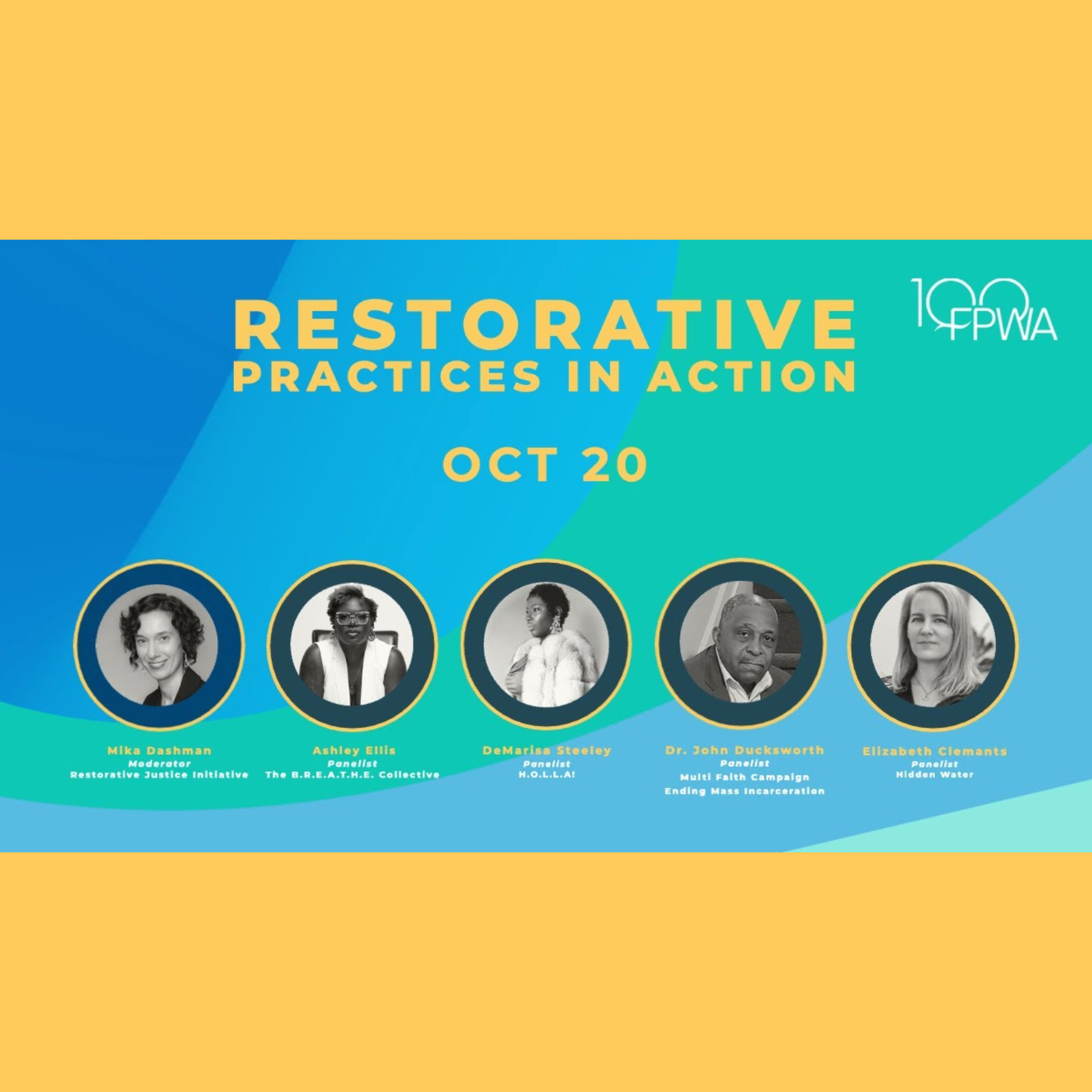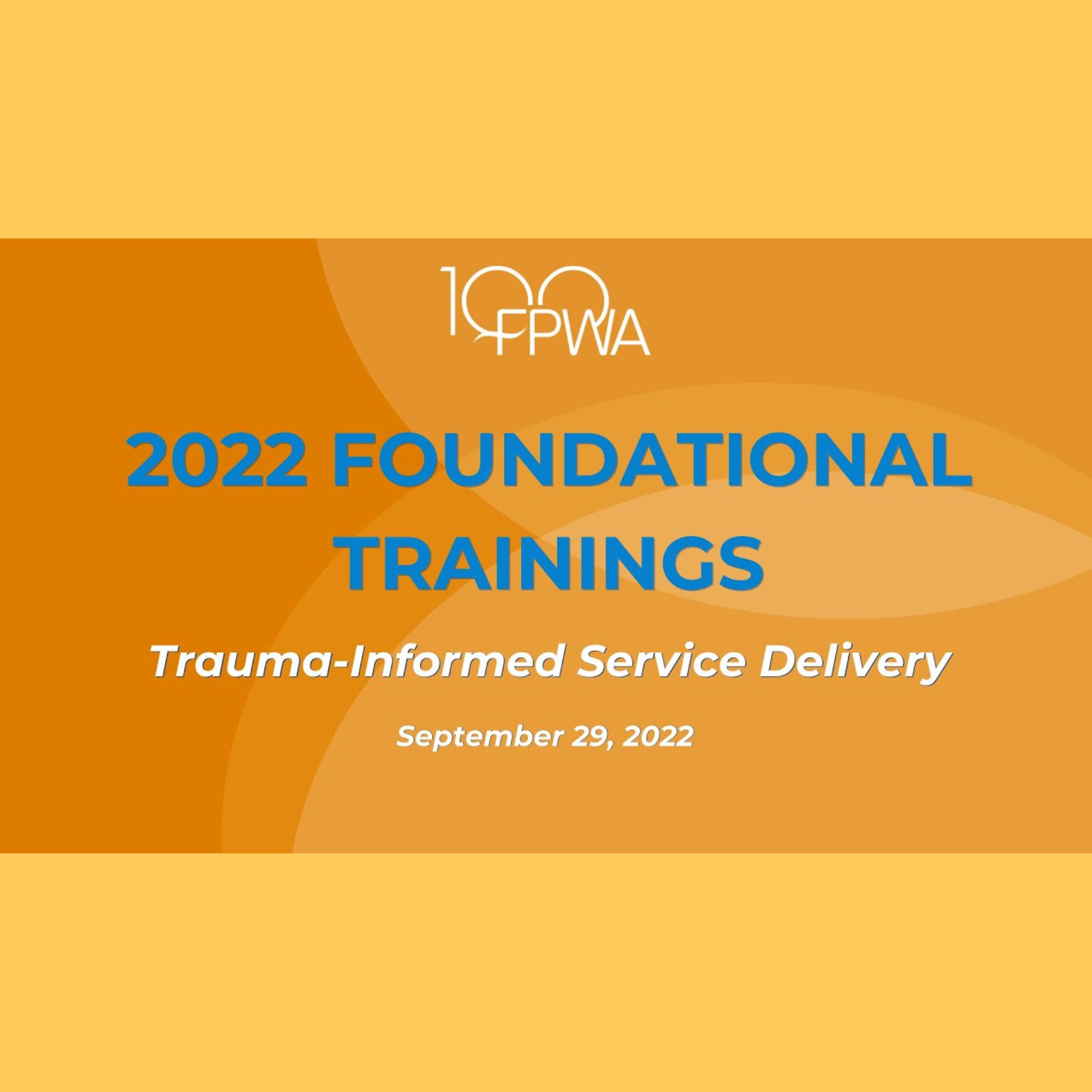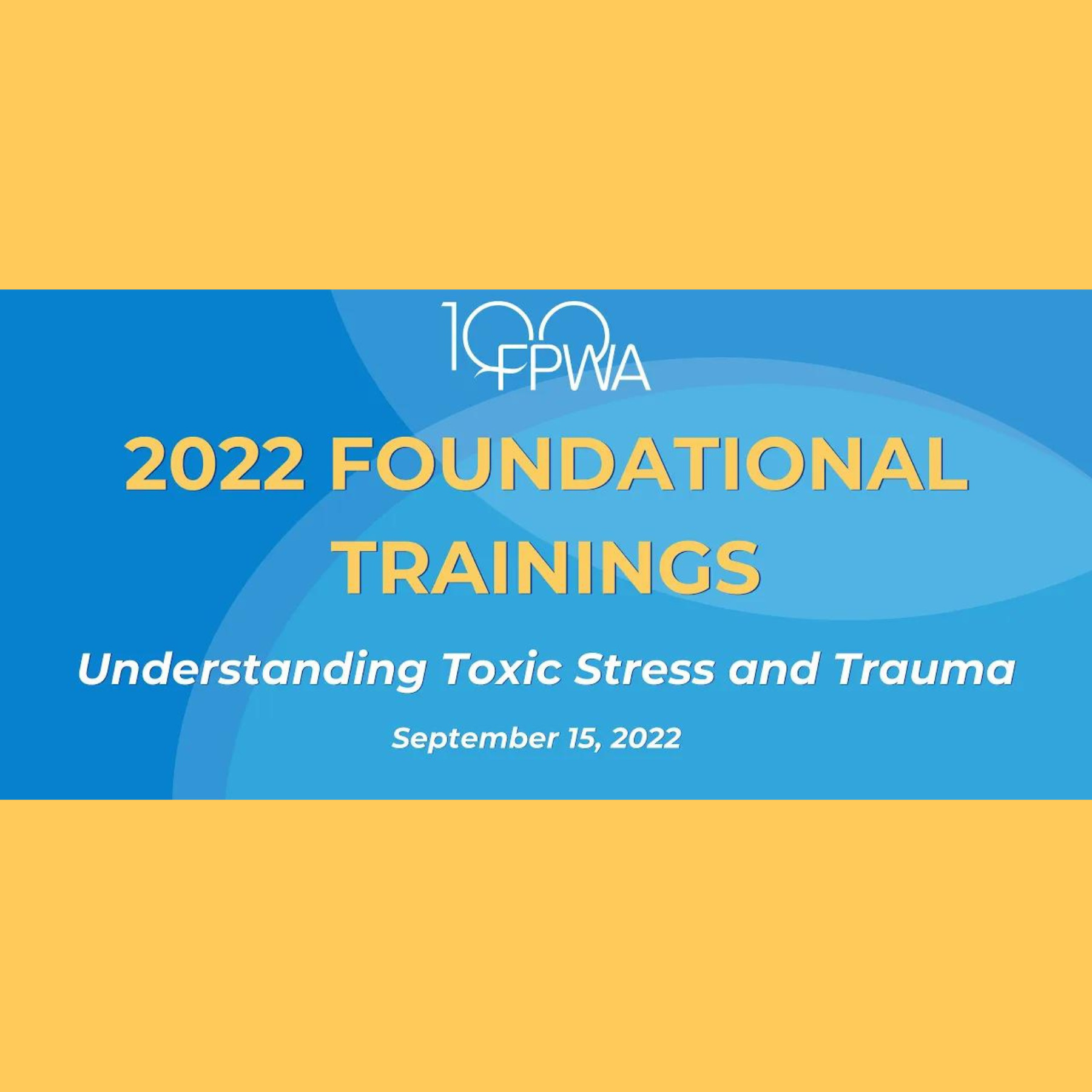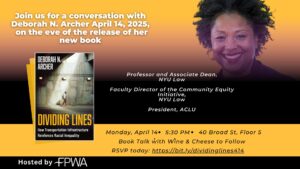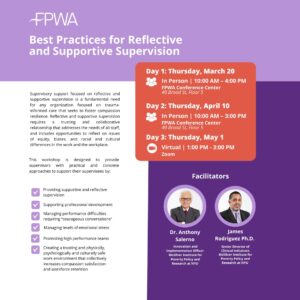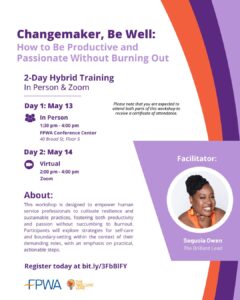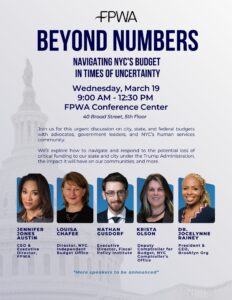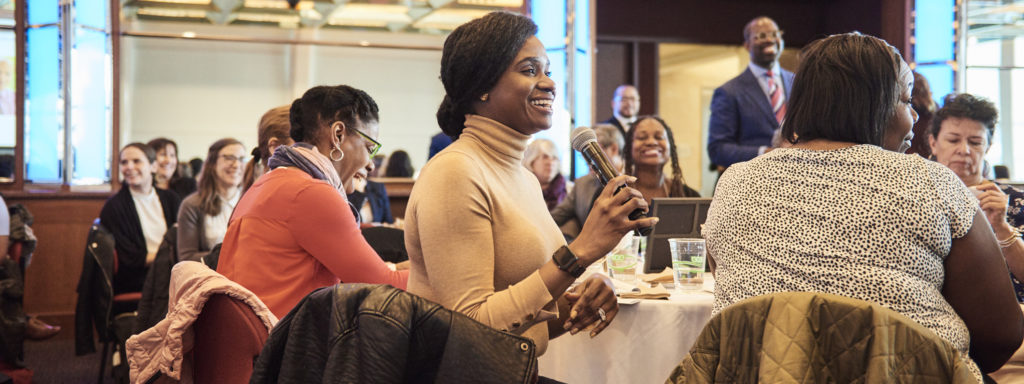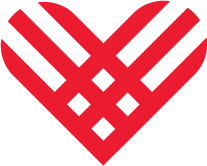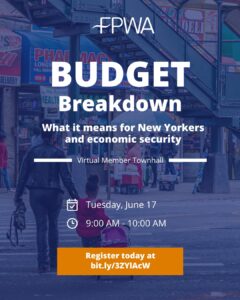
Resource Center
We invite you to learn more about our ongoing, and upcoming, work by visiting the resources below
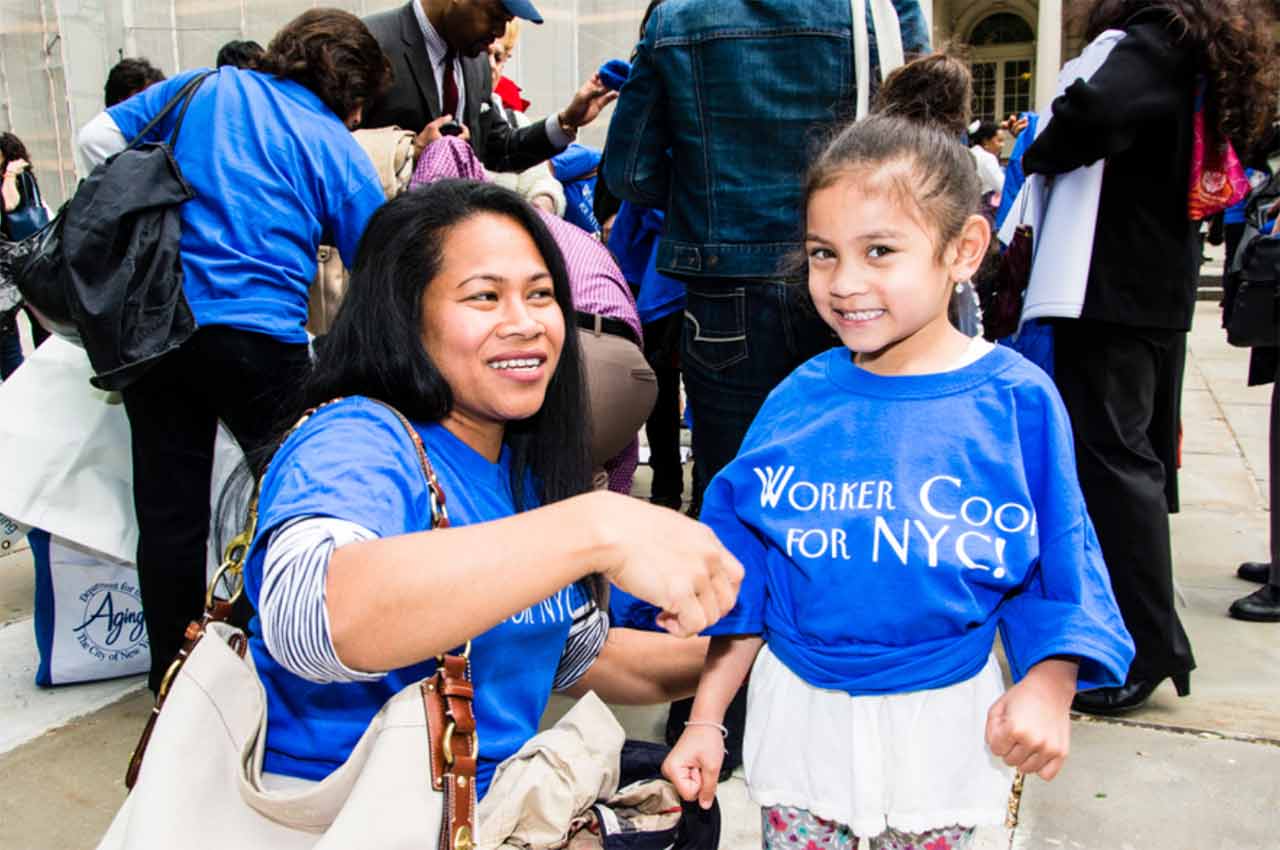
FPWA Testimony
Read the latest testimonies from FPWA’s Policy, Advocacy and Research team.
Blogs
Blogs
December 2, 2024
Taking a People-Centered & Trauma-Informed Approach to Improve Programs and Policy
Earlier this year, FPWA worked in partnership with a Capstone Team from New York University’s...
Learn More
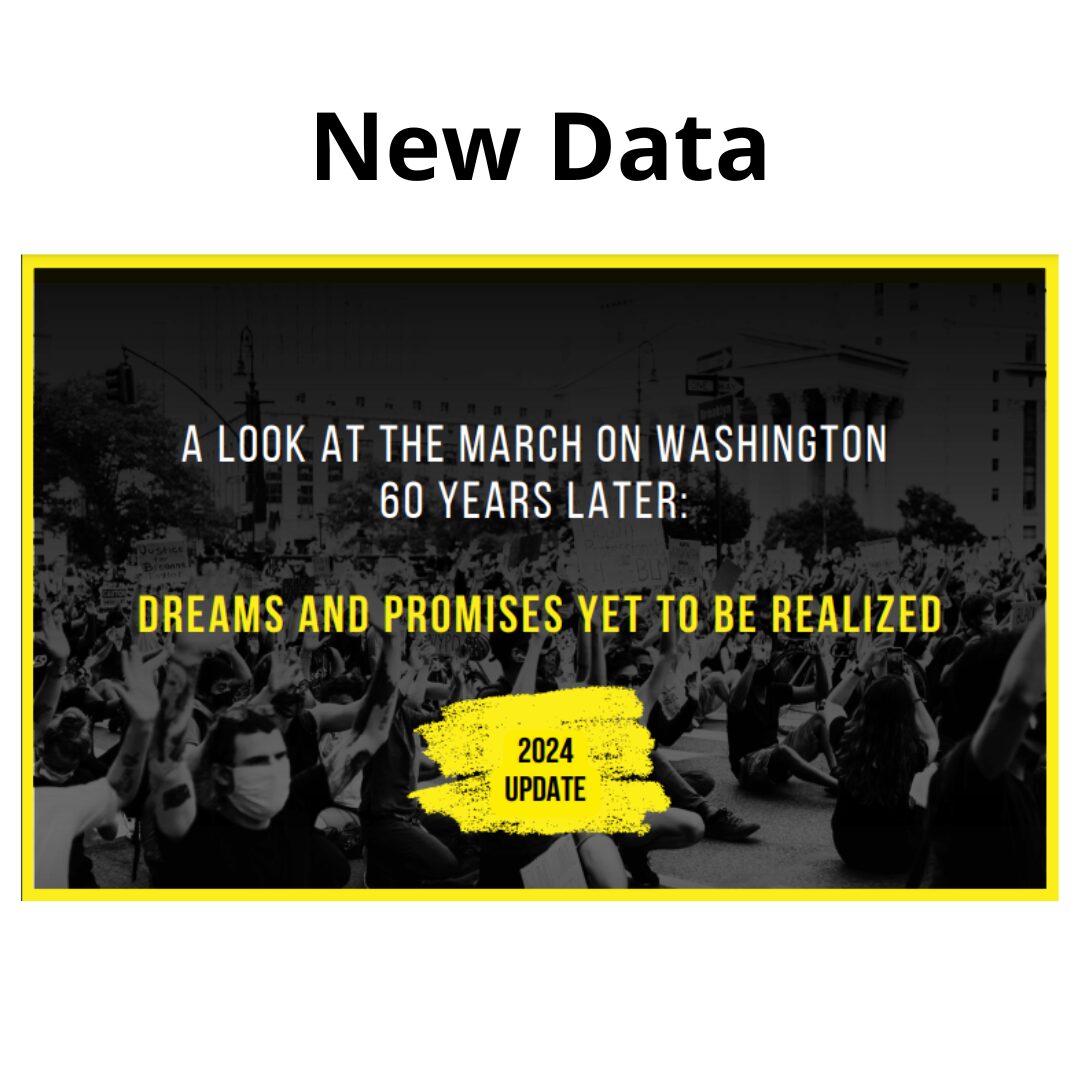
Blogs
August 28, 2024
New 2024 Data Highlights Ongoing Economic Disparities Faced By Black People Due to Systemic Discrimination
FPWA today released a data update to our comprehensive analysis “A Look At the March...
Learn More
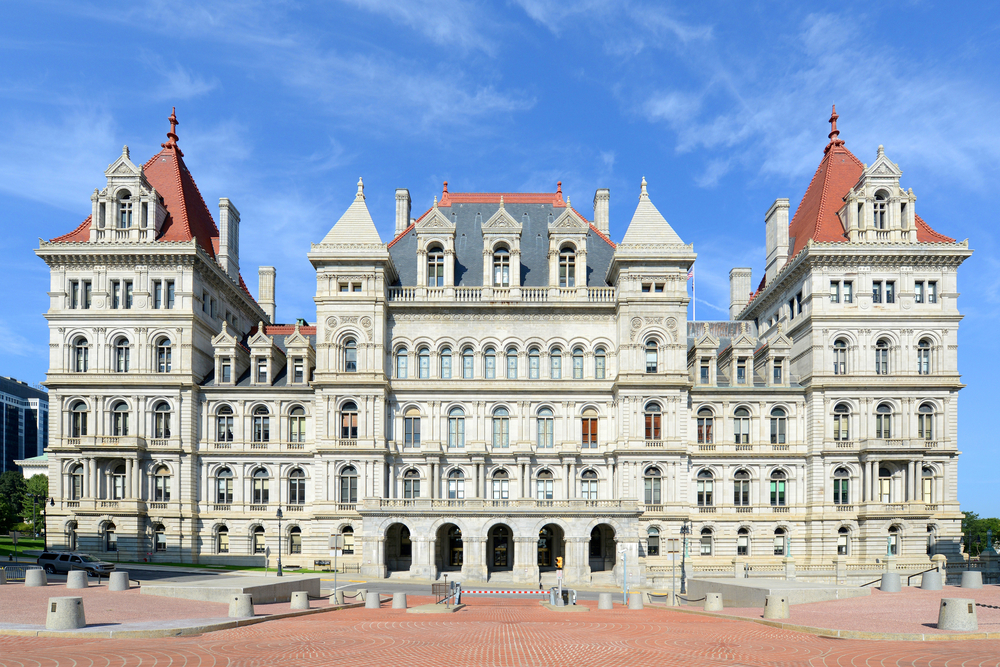
Blogs
March 19, 2024
Q&A with FPWA Policy Team on What’s at Stake in This Year’s State Budget
March 19, 2024 —Recently, Funmi Akinnawonu, Senior Policy Analyst, and Julia Casey, Policy Analyst, sat...
Learn More
Annual Reports & Financials
Resource Center
How you can Help
FPWA member organizations help low-income New Yorkers meet critical needs, like food, housing, healthcare, and more.
How We Do It
Fostering effective, lasting change requires providing assistance to New Yorkers. But it is also essential to educate on the entrenched structural biases that cause poverty and inequality, and advocate for policy that dismantles it.
Fulfilling the
Promise of
Opportunity
Stay in Touch
Join our network and learn about FPWA events and news.
© 2025 Federation of Protestant Welfare Agencies.
All rights reserved.
All rights reserved.
LEARN MORE
ABOUT FPWA
GET INVOLVED
